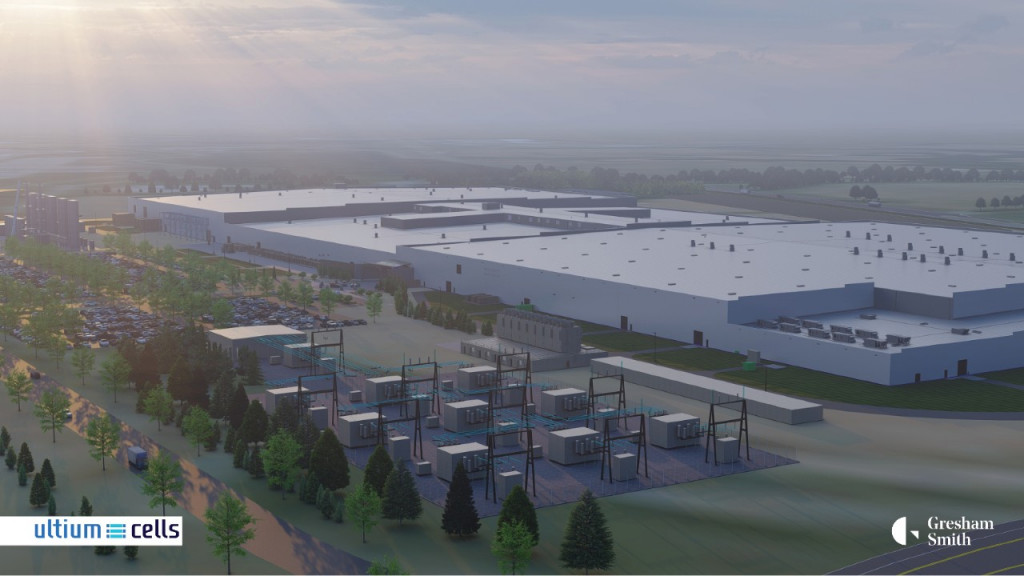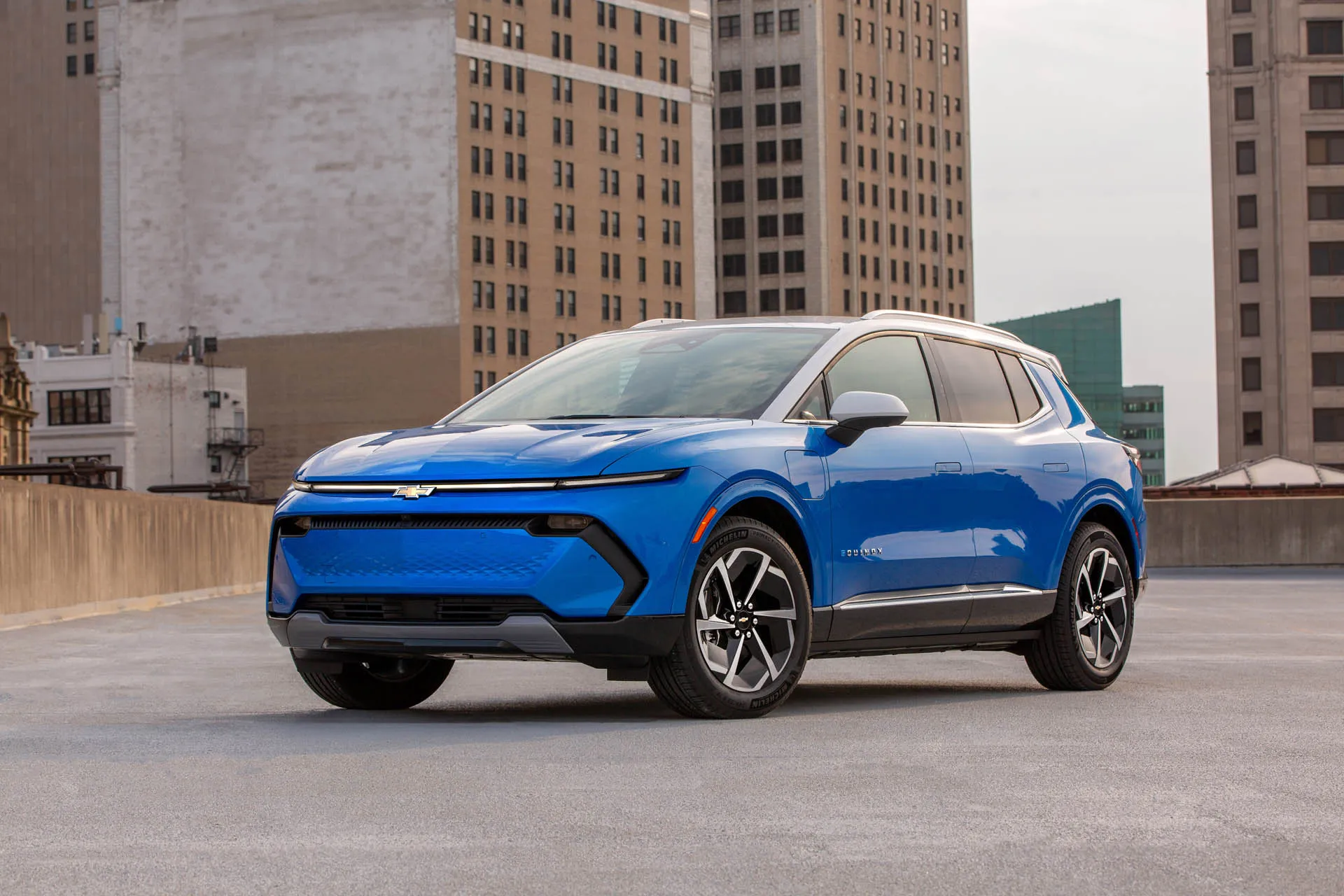General Motors on Tuesday filled in some details on plans to use cost-cutting lithium iron phosphate (LFP) battery cells in future EVs.
Now it has a number for the level of cost-cutting that’s potentially gone into the next Bolt EV. As reported by InsideEVs, GM executives said at an investor conference that LFP cells would combine with other changes to packaging and manufacturing to cut $6,000 from the cost of making EVs, compared to current models.
2020 Chevrolet Bolt EV review update – Portland OR
GM previously indicated that it would build a “low-cost” version of the next-generation Bolt EV with LFP cells, which will likely be a key factor in making it the most affordable EV in the U.S., as GM has claimed. The new Bolt EV is expected to arrive in 2025 as a 2026 model, although it’s unclear if the LFP-powered version will be available at launch.
It should be noted that battery-related savings on the Bolt EV specifically, with its more modestly sized battery pack, likely add up to less than the potential $6,000 figure for switching chemistries.
InsideEVs also reports that GM is in talks with Japanese firm TDK Corp. to manufacture LFP cells in the U.S. using tech licensed from CATL. It was reported earlier this year that GM was seeking a U.S. battery-supply deal with CATL directly, despite “foreign entity of concern” language introduced into federal EV tax credit rules presenting a legal gray area for manufacturing of batteries derived from Chinese intellectual property.

Conceptual drawing of Ultium Cells plant in Tennessee
Roughly one-fifth of the world’s EV batteries are LFP. They’re not as dependent on nickel and cobalt, making them cheaper and less environmentally and geopolitically controversial. They’re also less prone to overheating, thermal runaway, and heat-related degradation than the nickel manganese cobalt (NMC) cells used in current GM EVs. Uptake in the U.S. has been slow, but that’s changing, with Ford already seeking to manufacture LFP cells under license from CATL.
To date, GM has focused on a specific NMC pouch cell format co-developed with LG, but in 2023 CEO Mary Barra said the automaker was flexible on battery cells and had been looking at other formats all along. Now the automaker appears ready to put its money where its mouth is, which is likely also a factor in the decision to drop the Ultium branding mostly associated with its initial pouch cells as it looks to diversify.
